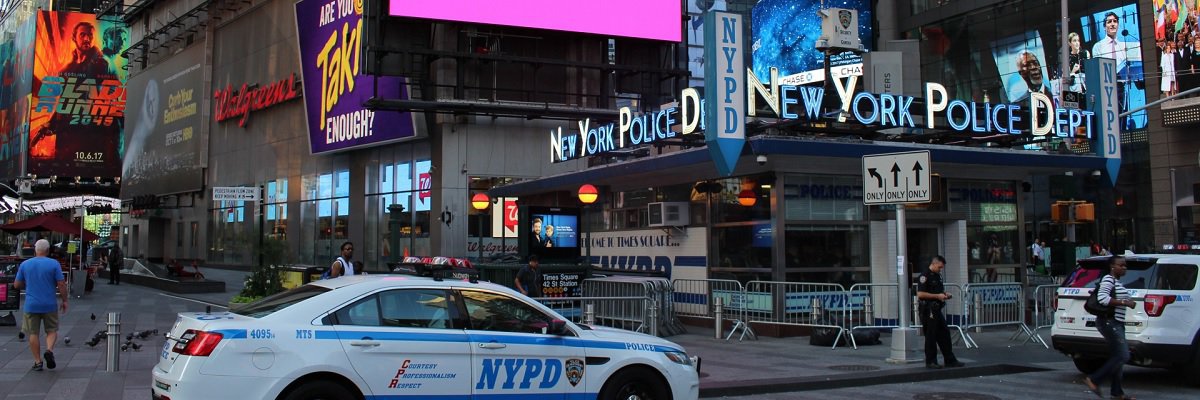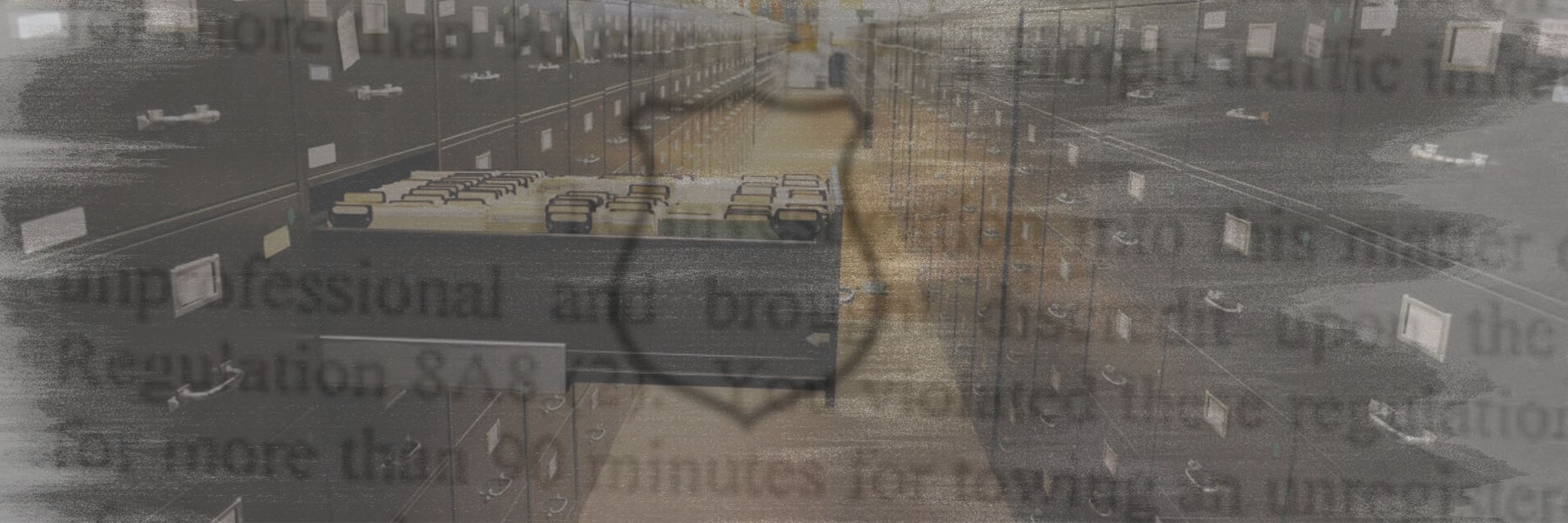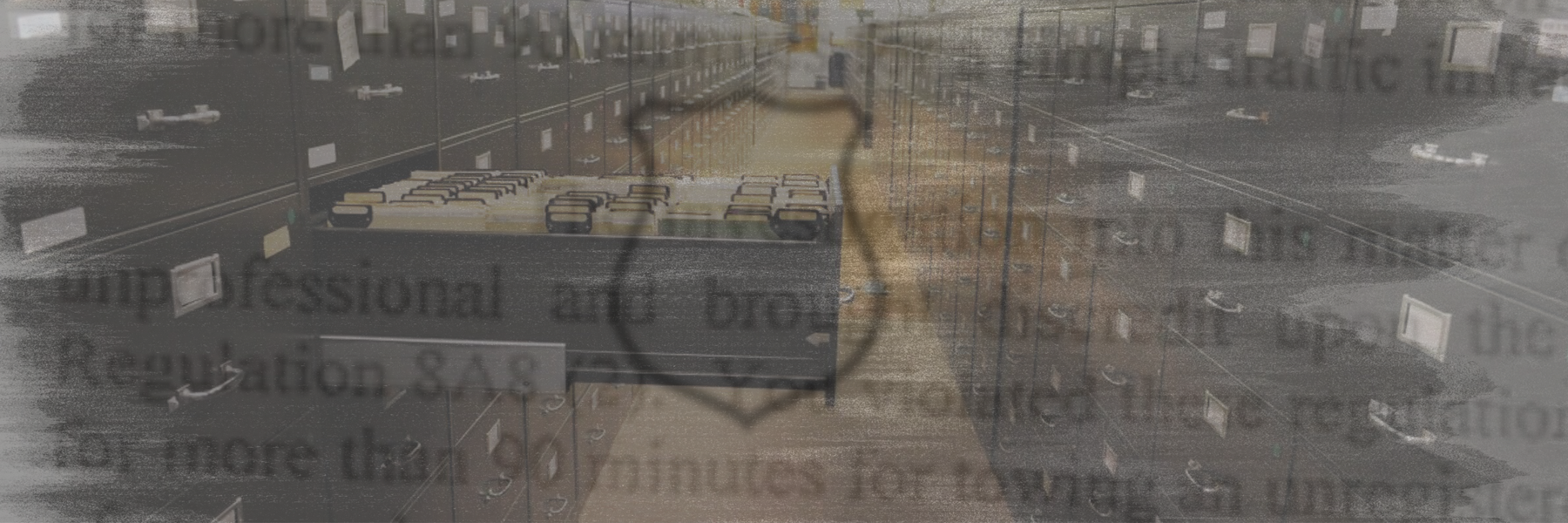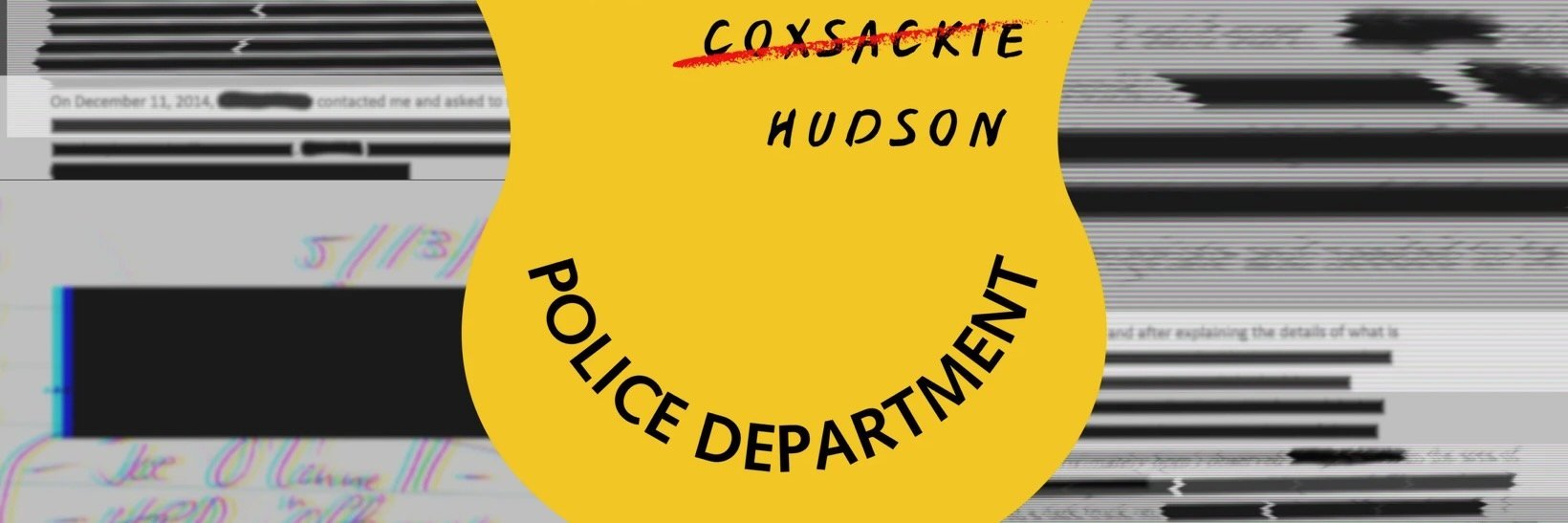Secretive federal agencies such as the Central Intelligence Agency and the Federal Bureau of Investigation are notorious for refusing to confirm or deny the existence of their records. The issue becomes trickier when local law enforcement agencies, tasked with serving their communities, reply to public records requests in similar fashion. The New York Police Department has used the infamous “Glomar response” in the past to keep records secret, but this week a New York court ruled that the NYPD can’t use it this time.
The police department used the Glomar when activists from Millions March NYC filed a New York Freedom of Information Law request for records on police monitoring of their social media accounts. The request was filed after activists reported issues with their cellphones during a protest.

“This court recognizes that respondent does not have to disclose how it conducts criminal investigations. But this is not about a criminal investigation or a counterintelligence operation,” wrote Manhattan Supreme Court Justice Arlene Bluth. “It arises from reports of protestors who claim that their cellphones are suddenly unable to function while in the middle of a protest. That possibility, that respondent is interfering with protestors’ ability to communicate with each other, is a serious concern ripe for the use of FOIL.”
Under FOIL, agencies are required to turn over records, locate responsive records, and explain why certain information is exempted under the law. Bluth refuted the NYPD’s argument that if records were to be released or even confirmed, it would hurt public safety and reveal trade secrets.
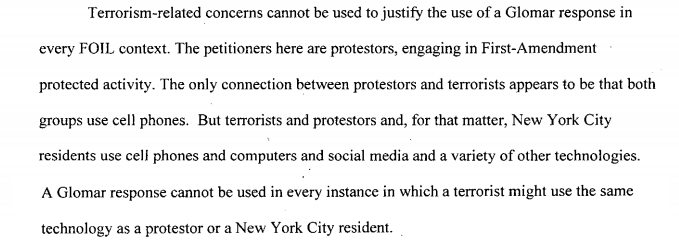
The New York Civil Liberties Union was instrumental in working with the Millions March NYC activists and arguing their case.
“Today the court confirmed that the NYPD cannot vastly expand the scope of the Glomar response to deny the public access to basic information regarding the tactics and technologies used by police to monitor First Amendment-protected political activity,” said staff attorney Bobby Hodgson in a press release.
The now-infamous Glomar response was first recognized in two cases seeking information on a CIA ship called the Hughes Glomar Explorer, Wilner v. National Security. In New York Abdur-Rashid v. New York City Police Department first allowed NYPD to use the federal exception under certain circumstances to protect public safety and the organization.
This week’s ruling requires the NYPD to disclose records or substantiate claims through applicable FOIL exemptions to withhold records on technologies used to interrupt cellphone service. Additionally, the court has ordered the NYPD to release records related to Dataminr software used by NYPD to monitor social media, including how much money the department spends on similar software.
The full ruling is embedded below:
Image by Guy Percival via PublicDomainPictures.net
